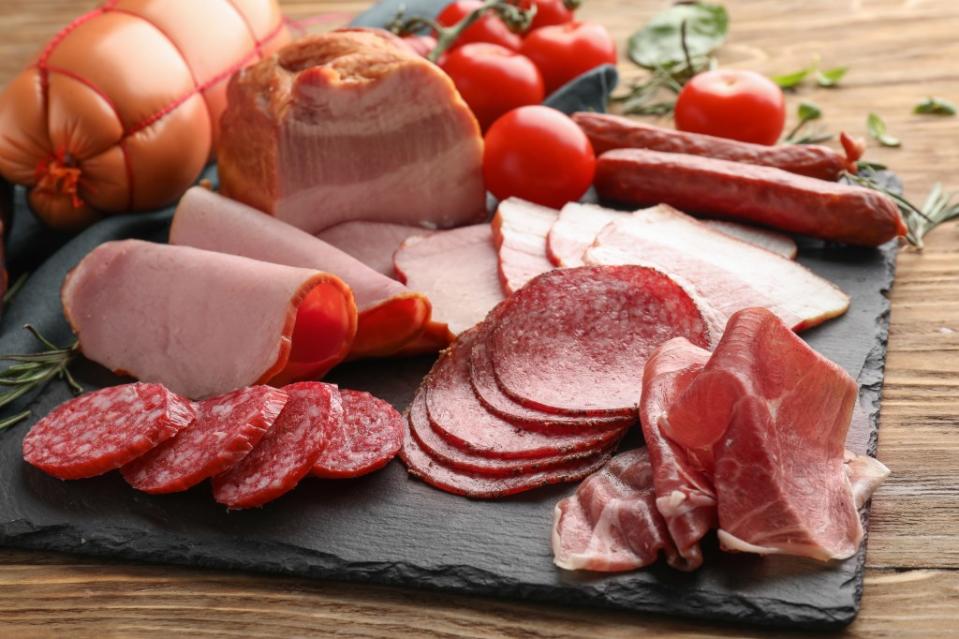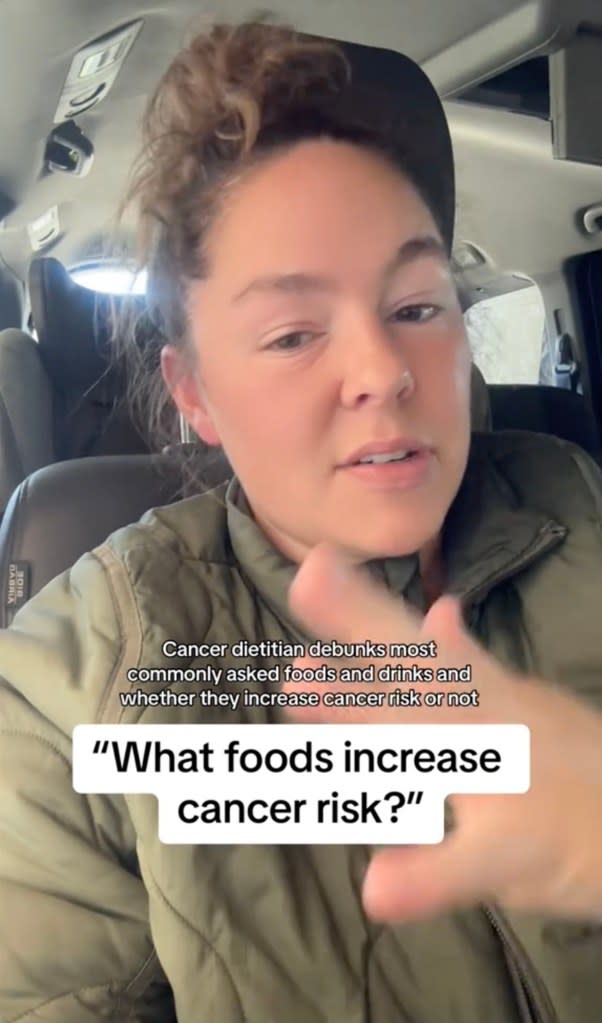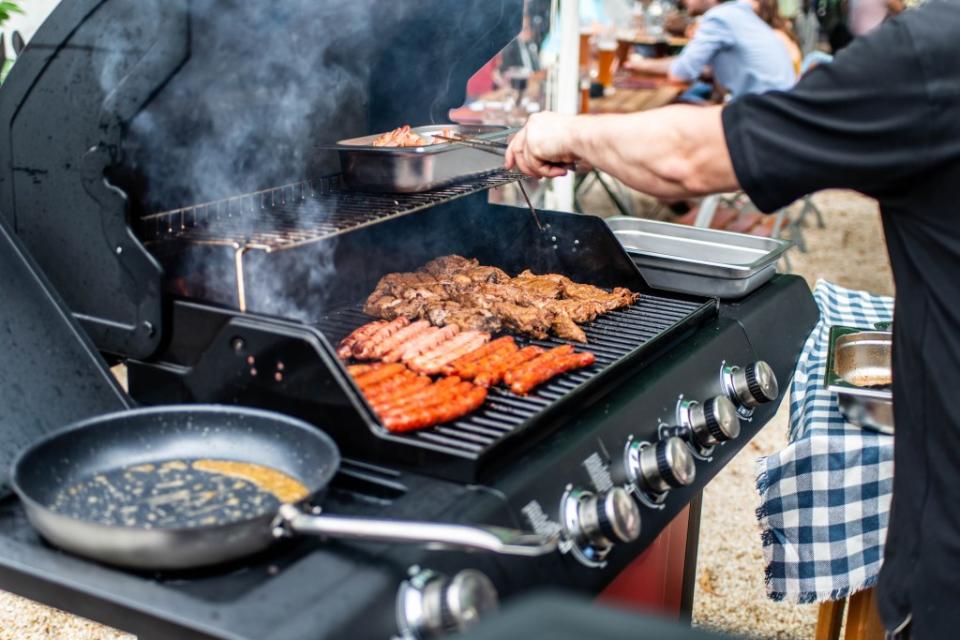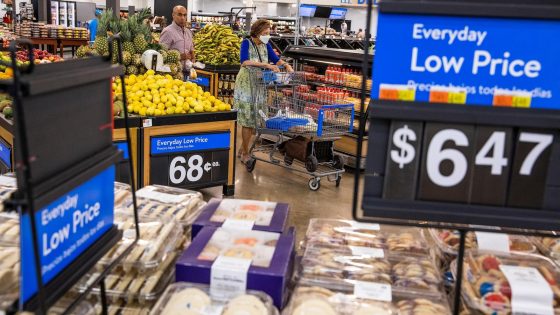Cancer prevention can begin with your diet, according to an oncology dietitian.
Nichole Andrews, a dietitian and the author of the book “Sugar Does Not Feed Cancer: The Complete Guide to Cancer Prevention Nutrition & Lifestyle,” shared a video on TikTok divulging the two things that can increase your risk of developing cancer — and the food and drinks that don’t.
“Processed meats and alcohol, those are the only two that will increase risk at consumption, of several different cancers, that’s it,” Andrews said in the video that has since garnered more than 18,900 views since being posted a day ago.

Other cancer experts agree.
In 2015, the World Health Organization named processed meat as a carcinogen.
Processed meats include ham, sausage, hot dogs, pepperoni and deli meats like roast beef and turkey, according to the University of Texas MD Anderson Cancer Center’s website.
“Research shows that eating processed meats like bacon and cold cuts can increase your chances for stomach and colorectal cancer,” said Lindsey Wohlford, an employee wellness dietitian at MD Anderson Cancer Center, on the site.
Researchers aren’t exactly sure why processed meat causes cancer, but they believe it could be caused by the nitrates and high temperatures used in processing.
Alcohol is another known carcinogen.
According to the Centers for Disease Control and Prevention, “All alcoholic drinks, including red and white wine, beer, and liquor, are linked with cancer. The more you drink, the higher your cancer risk.”
Alcohol raises cancer risk because, unlike most foods, your body doesn’t digest alcohol. Instead, your body breaks down the alcohol into a chemical called acetaldehyde, which damages the body’s DNA and prevents the body from repairing it.
Andrews said she’s asked about “dozens of foods” and whether or not they cause cancer. She also shared the most common ones she’s asked about that don’t.




They include energy drinks, non-organic produce, food dyes, diet sodas, artificial sweeteners, eggs, dairy and gluten.
“I’m telling you this is based on decades of research … research all over the globe with humans,” she explained.
The Post reached out to the dietitian for comment.


Several commenters below her video asked her questions about cancer-causing foods.
“Is there a safe amount of processed meats?” one person asked.
“No


,” she explained.
“Is processed meats or alcohol consumed twice a week too much? Will that amount increase risk?” another questioned.
“It will


try your best!” Andrews answered.
People also asked her what cancers are caused by meat and alcohol.
“Meats is colon cancer and alcohol is liver, breast, colon, mouth/throat/esophagus,” Andrews said.
She said food dyes and energy drinks aren’t known to cause cancer, though the Food and Drug Administration has banned things like Red No. 3 in cosmetics because of unpublished animal research linking it to thyroid cancer, the Washington Post reported.
Even if something isn’t a known cancer risk, that doesn’t mean it’s good for you.
Popular snack foods and beverages, including energy drinks like Gatorade, may be banned in several US states as soon as 2027 over toxic additives in their ingredients.
Source Agencies



